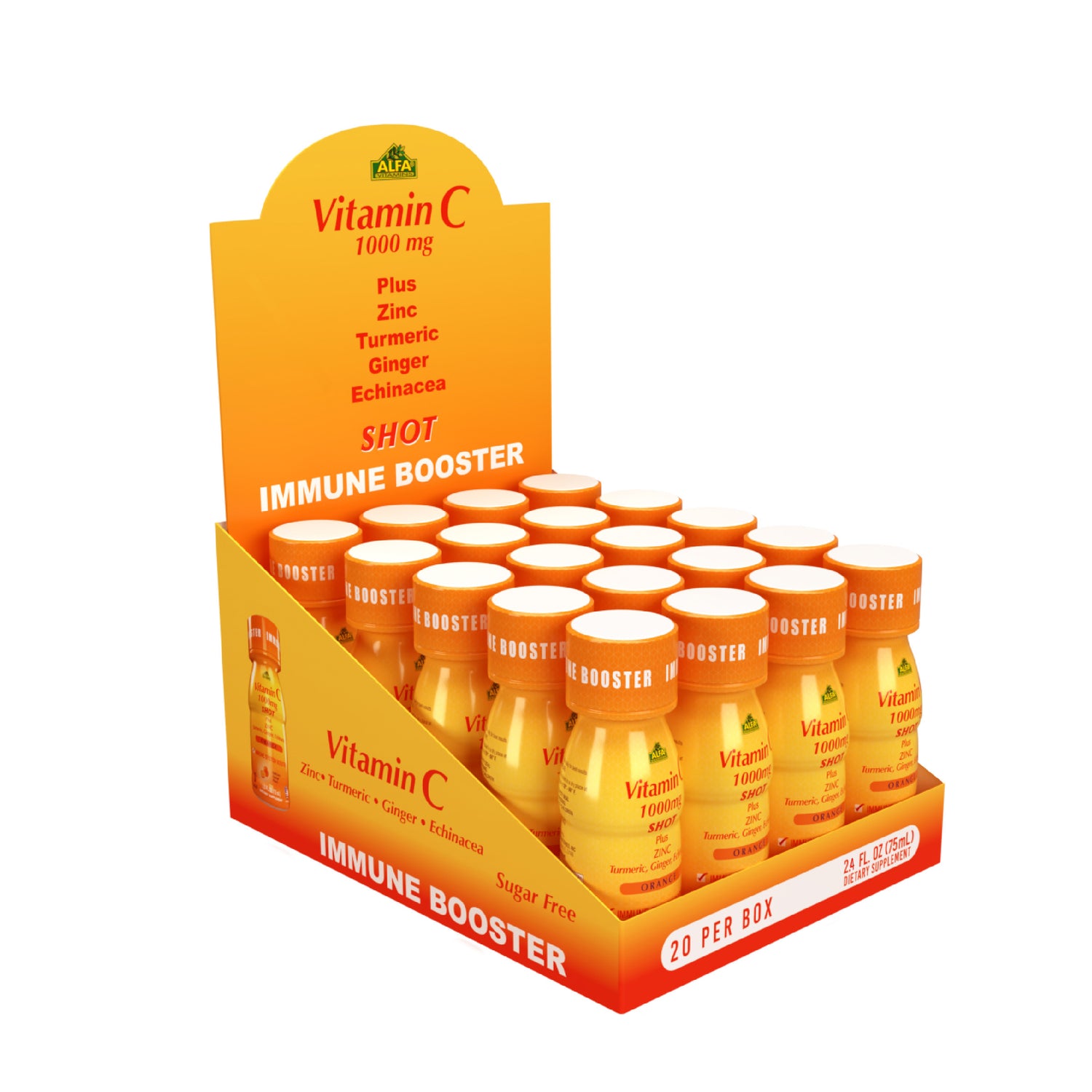
A Women's Guide to Functional Healthy Nutrition.
Share
You've heard of functional training — now nutrition wants in on the deal. Here's the 411 on the latest practice in nutritional science.
Finding the right diet for you and your goals is tough territory to navigate, and everyone has an opinion about which one is best (which they then promote as loudly as possible on social media). Truth is, there is no one-diet-fits-all plan, since every single person has a different metabolism, genetic makeup, health history and goals. Enter functional nutrition.
A functional nutritionist creates an individualized diet unique to each client.
What Is Functional Nutrition?
Functional nutrition is similar to functional medicine in that it involves more than just the treatment of apparent symptoms. “A functional-medicine doctor looks at the big picture and evaluates the body as a whole to determine the root cause of an issue,” says Jonny Bowden, Ph.D., CNS, board-certified nutrition specialist in Los Angeles, creator of the Metabolic Factor program, and author of The 150 Healthiest Foods on Earth (Fair Winds Press, 2017), adding that functional medicine focuses on issue prevention as well as treatment.
Functional nutritionists work much in the same way, and specialists evaluate an individual with a different perspective than the norm. “In conventional nutrition, you talk about the food pyramid and counting calories and low-fat versus high-fat — topics that are now considered old school,” says Kylene Bogden, MS, RDN, CSSD, NBA performance dietitian and functional-sports nutrition expert in Cleveland. “Instead, functional nutritionists individualize nutrition for each person to help his or her own body function optimally.”
Functional Nutrition's Connection to Holistic Health
Let’s say you have a health woe. No matter how big or small it is, your body communicates its dissatisfaction by creating a symptom. For instance, a nutritional deficiency could show up as fatigue or poor recovery from workouts. “That symptom is how the body speaks, letting us know something is wrong,” says Robin Foroutan, MS, RDN, integrative medicine dietitian in New York City and spokesperson for the Academy of Nutrition and Dietetics.
Rather than just trying to shut off or block the expression of that symptom, functional nutritionists examine why the symptom exists, evaluate where the underlying imbalance occurs and determine how the body can be restored naturally in order to allow symptoms to resolve themselves. For example, a client who complains of extreme bloating: Conventional nutrition would likely advise her to eat fewer cruciferous vegetables and beans. Functional nutrition, however, takes a different tack. “I’d find out if she had a food sensitivity, if she’s making enough stomach acid, how balanced the microbes in her gut are and whether she could have a parasite or a small intestine bowel overgrowth,” Foroutan says.
There are many possible reasons for her discomfort, and examining her health layer by layer and then creating a dietary prescription is more comprehensive and individualized than simply telling her to cut back on broccoli. And though many people seek out a functional nutritionist after being dismissed or misdiagnosed by a conventional practitioner, you don’t have to have a health woe to benefit from a visit. Perhaps you want to improve performance or log better sleep or reduce your chances for contracting a health condition that is prevalent in your family. “This is the way nutrition should be practiced across the board,” Bowden says. “No matter your goal, you’ll experience full-body health as a result.”

There is no one single diet that fits everybody.
Eating
While each professional practices differently, there are two main principles that underlie everything they do:
1. There is no single cookie-cutter diet that suits everybody.
“People want to simplify complicated information, but because we’re all so different, that doesn’t work,” Foroutan says. That’s why no two clients walk out of a functional nutritionist’s office with the same treatment protocol. What’s more, she adds, what is working for you now might not work in the future, because as you age, your dietary needs might change and you will need yet another kind of program to best help your body function at its best.
2. Real food heals; processed food hurts.
Highly processed foods are void of valuable minerals and nutrients and are loaded with unhealthy ingredients like saturated fat, salt, added sugars, emulsifiers and artificial colors — all of which can create inflammation and cause disease, Foroutan says. “The more whole, unprocessed foods you eat, the healthier you’ll be,” Bowden says.
To help improve and restore your body’s proper operational protocols, functional nutritionists draw from a large toolbox of skills — including food, botanical and supplement knowledge, as well as mind/body practices — in order to prescribe an individual program. They obtain copious amounts of information from clients, including tests to check for nutritional deficiencies, which Foroutan says are more common than you’d think.
Functional nutritionists also encourage clients to make plant-based foods a mainstay of their diets. “[Plants] are loaded with important nutrients, including many you can only get from plants,” Foroutan says. This does not mean you have to go straight-up vegan, though. Eat the rainbow, vary your diet and eat lots of locally grown, seasonal food and you’ll garner plenty of benefits.
6 Functional Foods
Whole foods lie at the core of functional nutrition, and while most members of the plant kingdom deserve accolades, some produce reigns supreme. These six foods are packed with fiber, which helps slow digestion, lowers the glycemic impact of food and feeds your gut microbiome, but each also contains particular compounds that make it crown-worthy.

Cruciferous Veggies (e.g., Cauliflower, Kale, Broccoli)
The fiber in cruciferous vegetables bind to excess hormones in your body, according to Kylene Bogden. For example, high levels of estrogen can cause headaches, irregular menstrual periods, fibrocystic breasts and terrible cramps and also can lead to higher risk for diseases such as breast cancer. Broccoli in particular contains diindolylmethane, which helps your body detoxify and purge excess estrogen.

Pumpkin
The potassium in pumpkin can help regulate blood pressure, protect against stroke and boost bone mineral density. It also contains carotenoids (lutein and zeaxanthin) and vitamin A, which help protect the immune system and promote eye health.

Raspberries
Move over apples — a berry a day will keep the doctor away. Raspberries contain ellagic acid, an antioxidant that removes toxins and free radicals and helps protect against certain kinds of cancer, Jonny Bowden says. Runners-up in the ellagic acid category: peaches, cranberries, strawberries and grapes.

Chia Seeds
Though tiny, chia seeds pack a hefty nutritional punch. “Their omega-3s help fight inflammation, which can mean better gut function, less achy joints and better cognition,” Bogden says. Omega-3s also have been shown to lower blood pressure, prevent heart disease, and reduce the likelihood of heart attack and stroke. Bonus: Chia seeds are rich in manganese, phosphorous, calcium and even protein.

Avocado
Good news for guacamole lovers: Avocados are rich in fiber (11 to 17 grams per avocado) and contain lutein for eye health. Their oleic acid also helps lower bad cholesterol and triglycerides and increase good cholesterol, Bowden says. They also contain more potassium than a banana.

Turmeric
This spice helps reduce pain and inflammation and improve focus and memory, according to Bogden: Curcumin, the active ingredient in turmeric, has been shown in numerous studies to reverse the oxidative damage responsible for causing pain and memory loss as you age.
Want to Visit a Functional Nutritionist?
Look for somebody, whether a registered dietitian, licensed naturopath or other professional, who has training in this field. Or locate a qualified practitioner through The Institute for Functional Medicine.
Written by Karen Asp for Oxygen Magazine and legally licensed through the Matcha publisher network. Please direct all licensing questions to legal@getmatcha.com.


